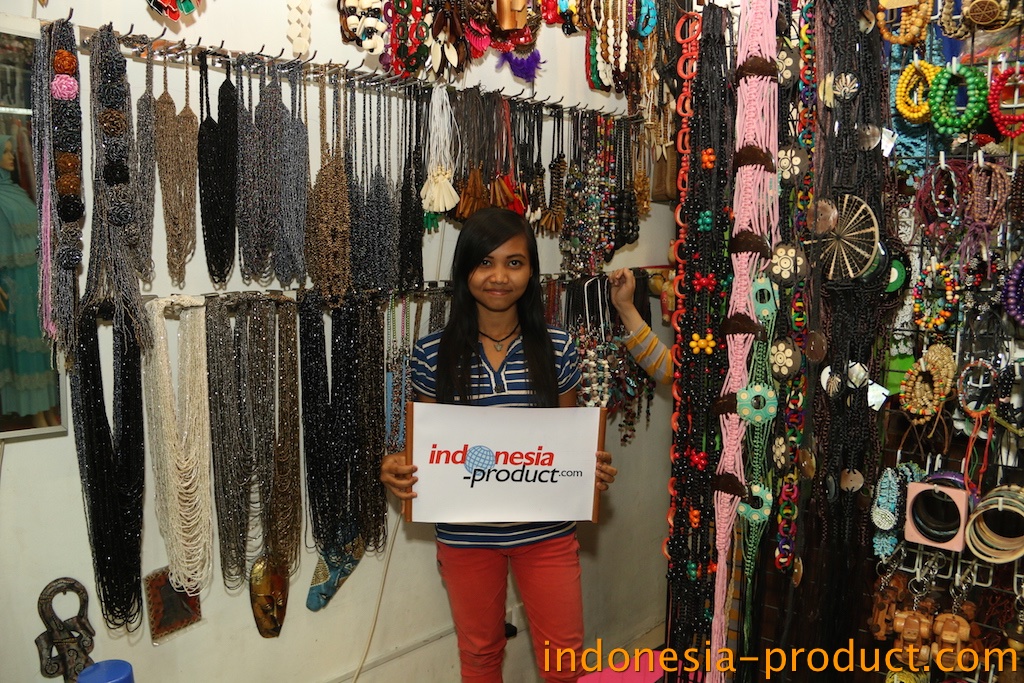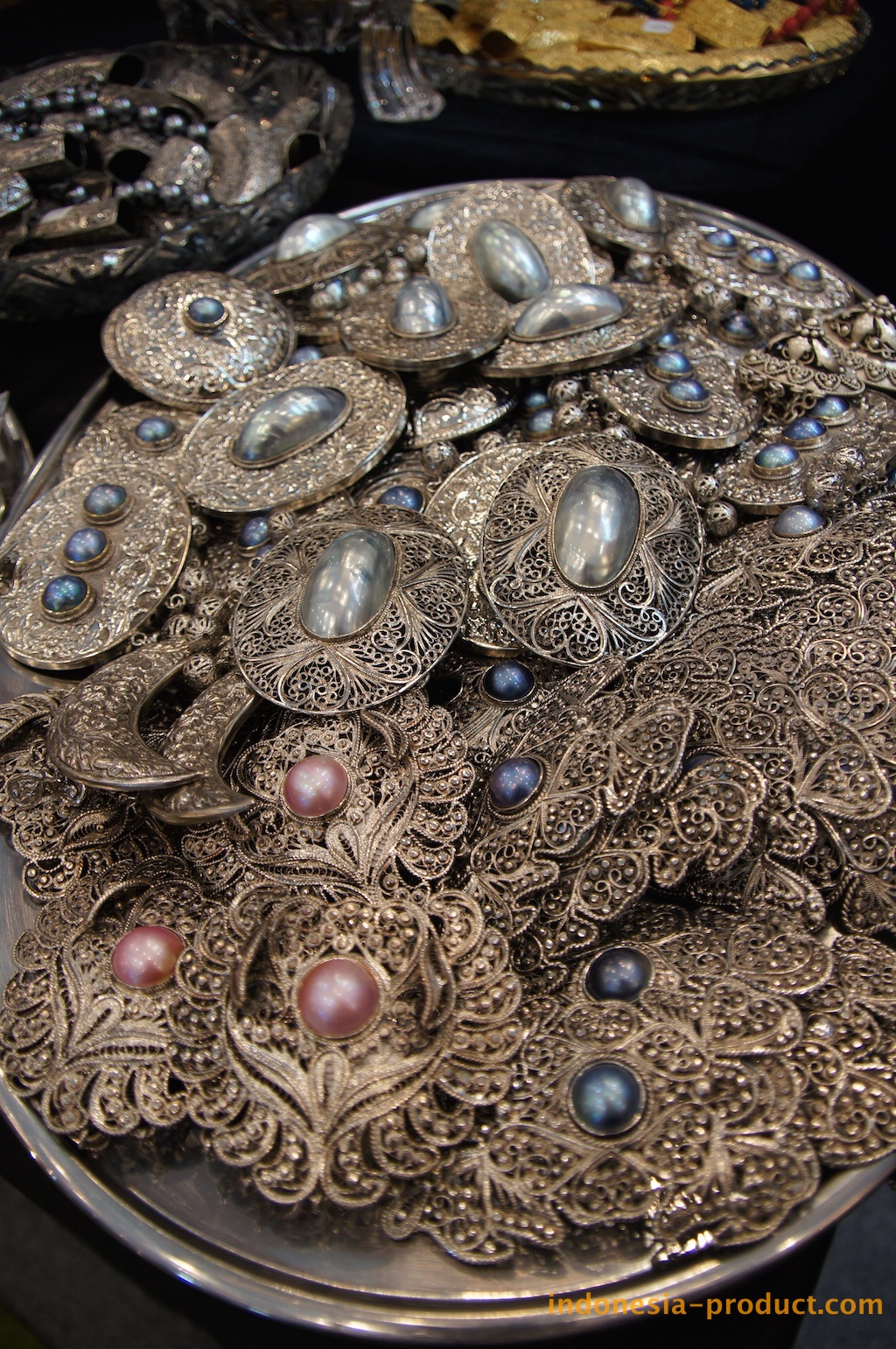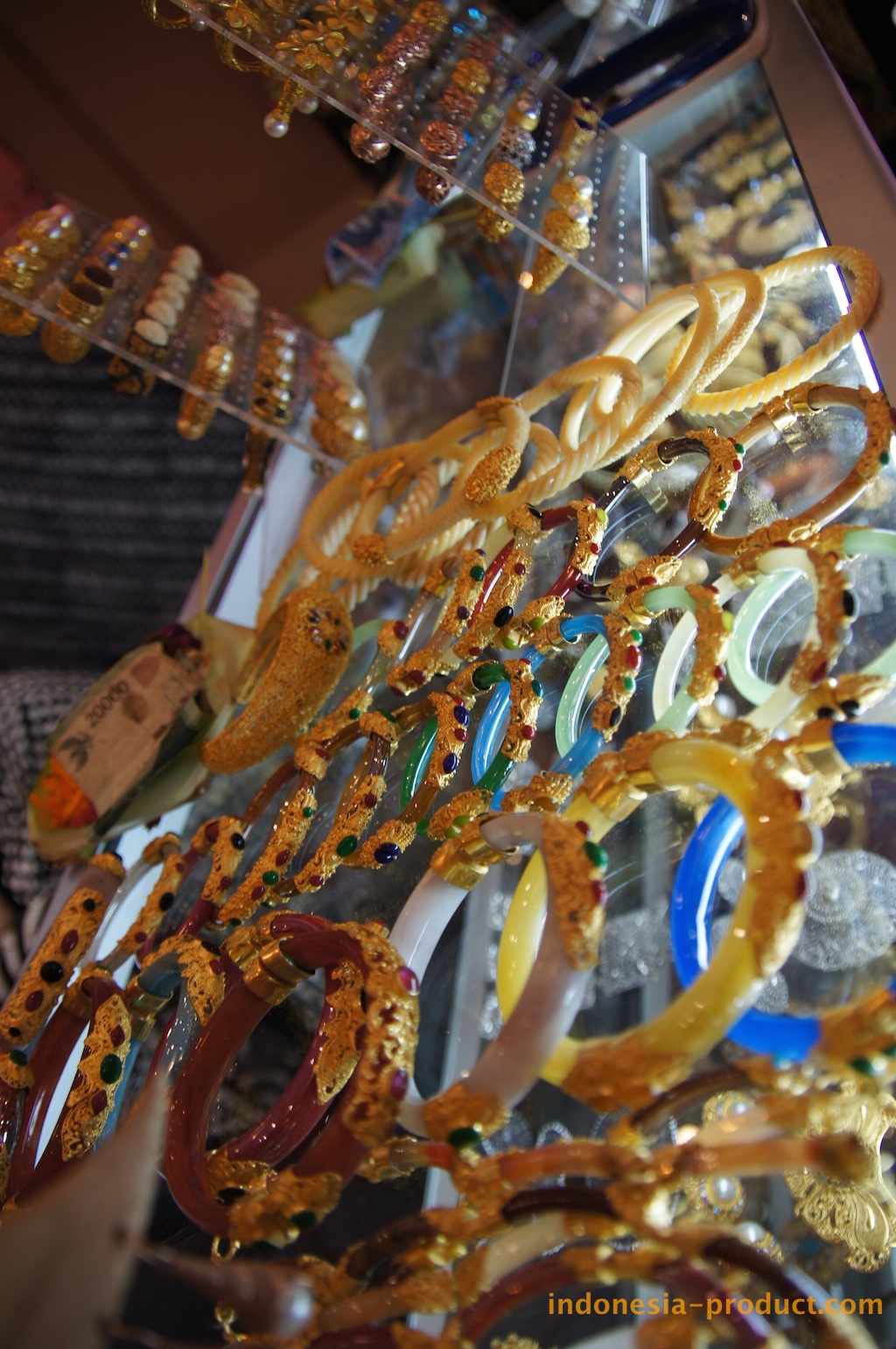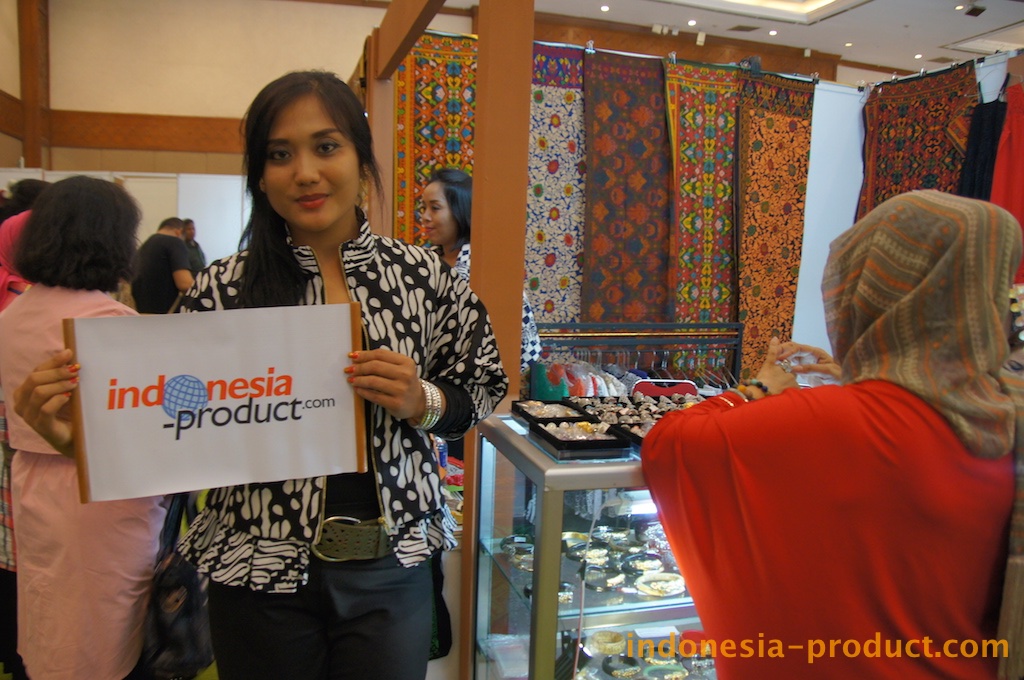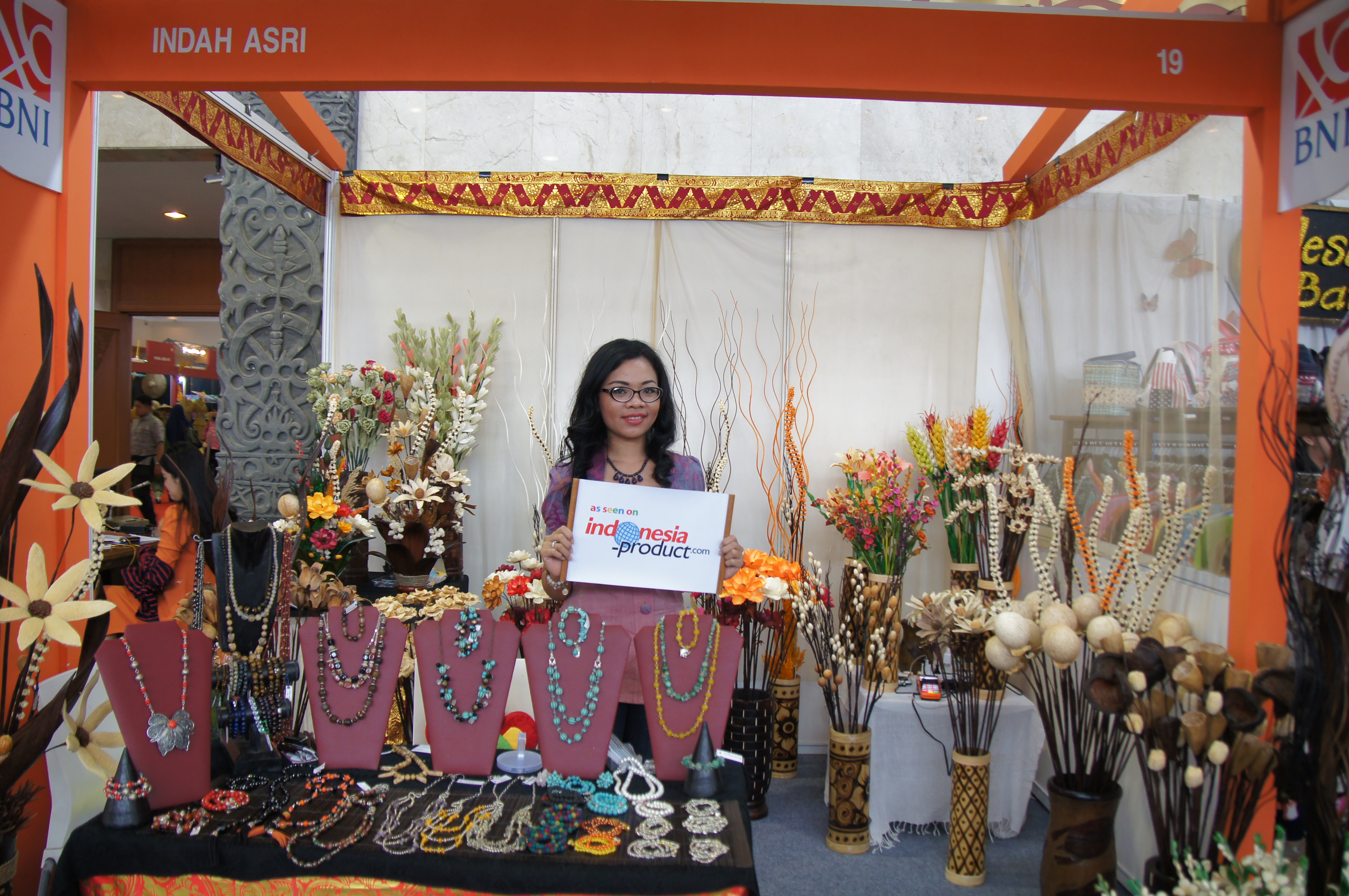State urges campaign to eliminate dangerous toy jewelry
Boston Globe, United States
By Stephen Smith, Globe Staff | September 13, 2007
For many children, they are as much a part of a birthday party or a trip to the fair as ice cream and cotton candy: necklaces, rings, and other trinkets scarcely worth their weight in plastic.
They are meant to be colorful mementos of a good time. But, state regulators said yesterday, some of the jewelry continues to be laden with lead three years after federal authorities began cracking down on the items.
That’s why the Department of Public Health called for a major state campaign yesterday to eliminate dangerous toy jewelry from store shelves. Tests performed by the agency found that some items, purchased by investigators in stores across Massachusetts, contain lead at levels as much as 1,800 times higher than is considered safe.
The move to prohibit dangerous toy jewelry emerges as health and consumer regulators across the globe are sounding the alarm about unsafe toys, food, and medicines exported by China. Many of the lead-containing trinkets found by investigators were manufactured in that nation, said Suzanne Condon, director of the state’s Bureau of Environmental Health, although the agency did not identify specific manufacturers.
Lead has long been identified as a major health peril, especially to children, potentially damaging the brain and kidneys and causing anemia. The substance has been banned for years from the paint applied to toys and jewelry, but, until now, neither Massachusetts nor federal regulations have addressed lead in the metal and plastic content of toy jewelry.
Lead contamination could happen either from swallowing or repeatedly sucking on the jewelry.
“I can remember as a child putting my necklace in my mouth,” Condon said. “It’s a rare thing if you don’t see children with these things in their mouth.”
The US Consumer Product Safety Commission is also drafting a ban on lead-containing toy jewelry, although the Massachusetts regulation would be tougher.
In 2004, the federal agency recalled 150 million pieces of toy jewelry sold in vending machines because of lead concerns, the biggest recall in the commission’s history. “We’ve had a major enforcement effort underway for the last several years to uncover dangerous children’s jewelry that has lead in it,” said Patty Davis, a spokeswoman for the federal consumer agency. “We don’t want children to be exposed to dangerous levels of lead.”
Still, as the state investigation demonstrated, the jewelry was sitting on store shelves from Chicopee to Fall River as recently as four months ago. Condon said that 79 pieces of toy jewelry were tested and that more than 10 percent had high rates of lead.
The testing involved exposing the jewelry to acid, meant to mimic what happens when the trinkets are swallowed and stomach juices cause lead to leach out.
The dangerous jewelry was found in parts of the state already burdened with other health and social ills, Condon said, including Lowell, Lawrence, and Chelsea. At the iParty story in Chicopee, near Springfield, manager Donna Jones said in an interview that she received a fax yesterday from the state notifying her that investigators had found toy jewelry there containing lead.
“By all means, I would want to cooperate” and remove dangerous jewelry, Jones said. “I wouldn’t want any little kids dealing with that. Most definitely, I wouldn’t want my kids to have that.”
The prohibition proposed yesterday would require stores peddling toy jewelry to have proof from manufacturers that the trinkets do not have unsafe levels of lead. That would mean, for example, that if a piece of toy jewelry was smashed into 1 million pieces, no more than 600 could contain lead.
Manufacturers would also have to subject their products to the same acid test that the state used. The state rule would allow the equivalent of 15 micrograms of lead to leach out a day, a more stringent limit than federal regulators recommend.
The state regulation must be approved by the Public Health Council. Members of the panel expressed enthusiasm yesterday for the prohibition and suggested that regulators consider expanding it to other products potentially containing lead. If the ban is adopted, the state plans regular spot checks to make sure dangerous products aren’t being sold, Condon said.
Stores caught selling dangerous jewelry would face fines of up to $5,000 for each item and imprisonment of up to 1 year if investigators find violations on two separate occasions.
Dr. Alan Woodward, a member of the council, urged US regulators to adopt the tighter rules that Massachusetts has drafted. “I would encourage them to come up to our level,” Woodward said. “It’s a lot easier to control things at a federal level when it comes to imports.”
Stephen Smith can be reached at stsmith@globe.com.

